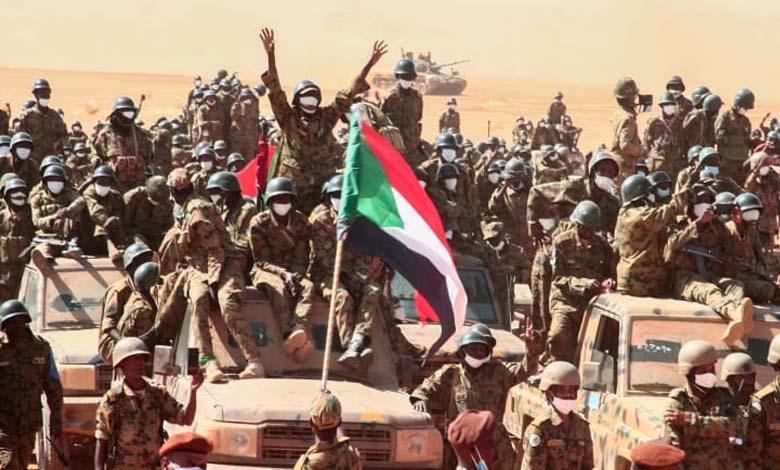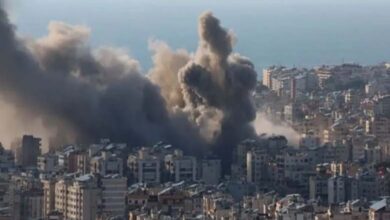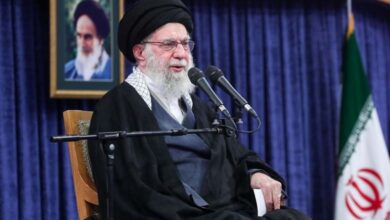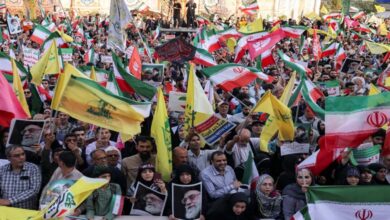The Popular Movement Insists on Including Rapid Support Forces in Negotiations with the Government
The Sudanese government holds the Popular Movement responsible for the failure to sign the humanitarian aid delivery document for the Blue Nile and South Kordofan regions

On Monday, the Sudanese government expressed regret over the refusal of the Popular Movement/North, led by Abdelaziz Al-Hilu, to sign the document on delivering humanitarian aid to the Blue Nile and South Kordofan regions, insisting on the inclusion of the Rapid Support Forces in the negotiations.
Defense Minister and head of the government negotiating delegation, Yassin Ibrahim, stated that “the Sudanese government regrets the intransigent stance of the Popular Movement/North and its refusal to sign the document on delivering humanitarian aid to citizens affected by the war in the Blue Nile and South Kordofan regions,” according to a statement from the Sudanese Sovereignty Council.
The Popular Movement has been fighting in the South Kordofan and Blue Nile regions since 2011 to obtain special status for these areas.
The statement adds: “We also regret the collapse of the negotiation round between the government and the Popular Movement/North due to the delegation’s failure to adhere to the guidelines of the mediation committee (from South Sudan),” explaining that “humanitarian work should solely focus on human life, away from any political or security objectives,” noting that “the movement insisted on involving the Rapid Support Forces in the negotiation process.”
Since mid-April 2023, the Sudanese army and the Rapid Support Forces have been at war, causing about 15,000 deaths and more than 8 million displaced and refugees, according to the United Nations.
International and UN calls have increased to prevent a humanitarian disaster in Sudan, which could push millions into famine and death due to food shortages caused by fighting that has spread to 12 of the country’s 18 states.
The statement highlights that “the Popular Movement insisted on not signing or considering any document or proposed agreement presented by the government delegation or the mediation committee for delivering humanitarian aid to the mentioned states, claiming that humanitarian aid can pass without any commitment.”
Earlier on Monday, South Sudanese President’s advisor Tut Gatluak, whose country sponsors the negotiations, announced their temporary suspension.
Gatluak said, according to a statement from the Sudanese Sovereignty Council, that the mediation “will work diligently to ensure the parties soon return to complete the negotiations, which officially began on May 16 and have been temporarily suspended for further consultations.”
On May 4, the Sudanese Sovereignty Council and the Popular Movement/North agreed on delivering humanitarian aid to government- and movement-controlled areas, and to sign a humanitarian operations document within a week, but the negotiation round between the two parties reached a deadlock.
The Sudanese army has faced significant international and UN criticism for failing to facilitate humanitarian aid across borders, especially with Chad.
Many countries, led by the United States, have warned about the consequences of continued fighting in El Fasher, the capital of North Darfur state, on civilians as thousands flee towards the Chadian border.












